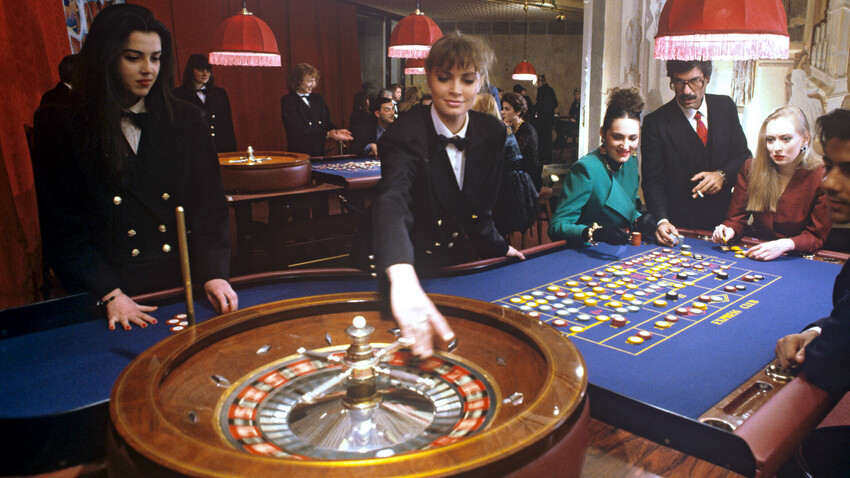
Although gambling was outlawed in the USSR, its thrills were not alien to the Soviet people. Gathering secretly in improvised underground clubs, some of them gambled for life-changing money.
Most people in the USSR could not risk losing large amounts of money overnight, but there were exceptions. Illicit entrepreneurs, well-connected bureaucrats and denizens of the Soviet criminal underworld mingled in the so-called “katrans”, illegal underground casinos masked as ordinary apartments or dachas.
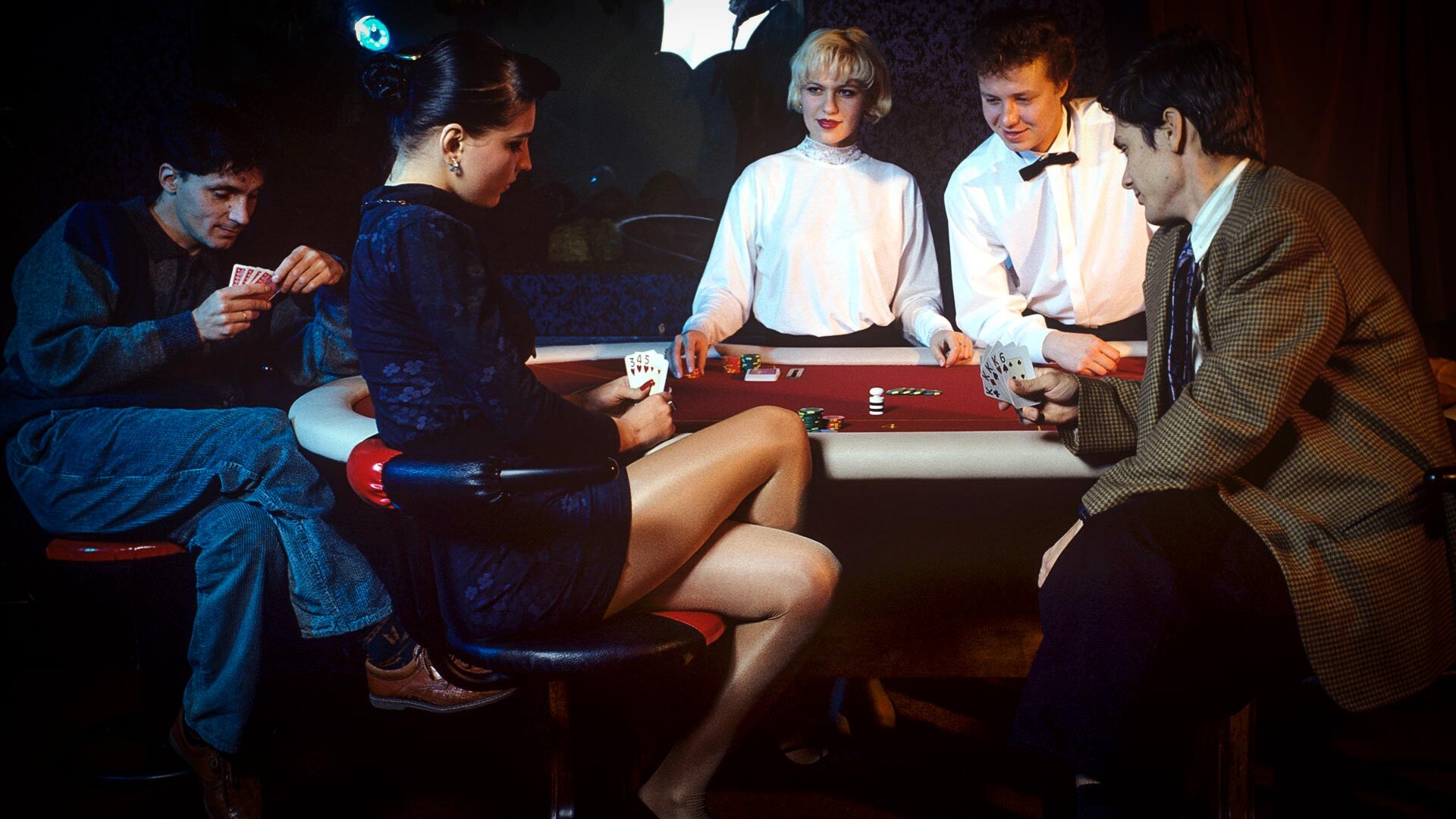
“[The] katran was located in the very center of [St. Petersburg], near the Moika [River], on the second floor of an ordinary house, behind an ordinary door with no sign. They let me in without a password. I think that my friend had given me some kind of recommendation, as you couldn't get into a place like that from the street,” wrote a resident of Soviet-era Leningrad named Irina Chudi about her experience in one of such illegal Soviet casinos.
‘Katrans’ were usually located in large apartments, hotel rooms or private dachas in major Soviet cities like Moscow and Leningrad, but also in resort cities like Sochi or in Crimea.
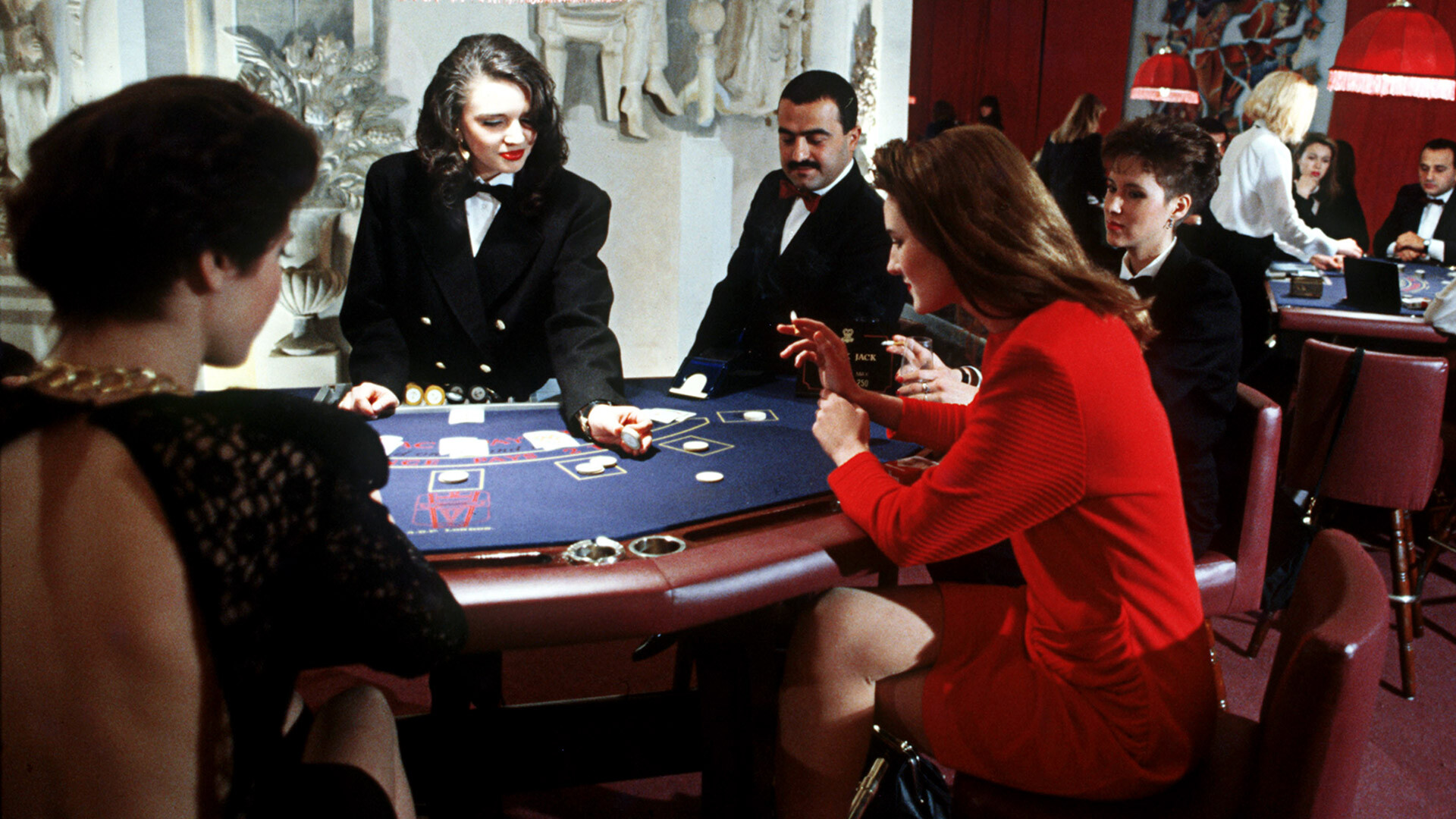
Normally, these establishments were arranged according to various games played inside. One room was reserved for roulette, another for a game of bridge, another for canasta, backgammon and, of course, one room was reserved for poker.
“In the room where I was escorted to [for a game of poker], there were three tables with lamps above them. I could choose where to sit, no one made me sit with my back to a painting or a mirror through which my cards would be visible to a hidden observer. You could bring your own deck and while they checked it they did so in front of you. It gave the impression that the game was fair,” wrote Chudi.
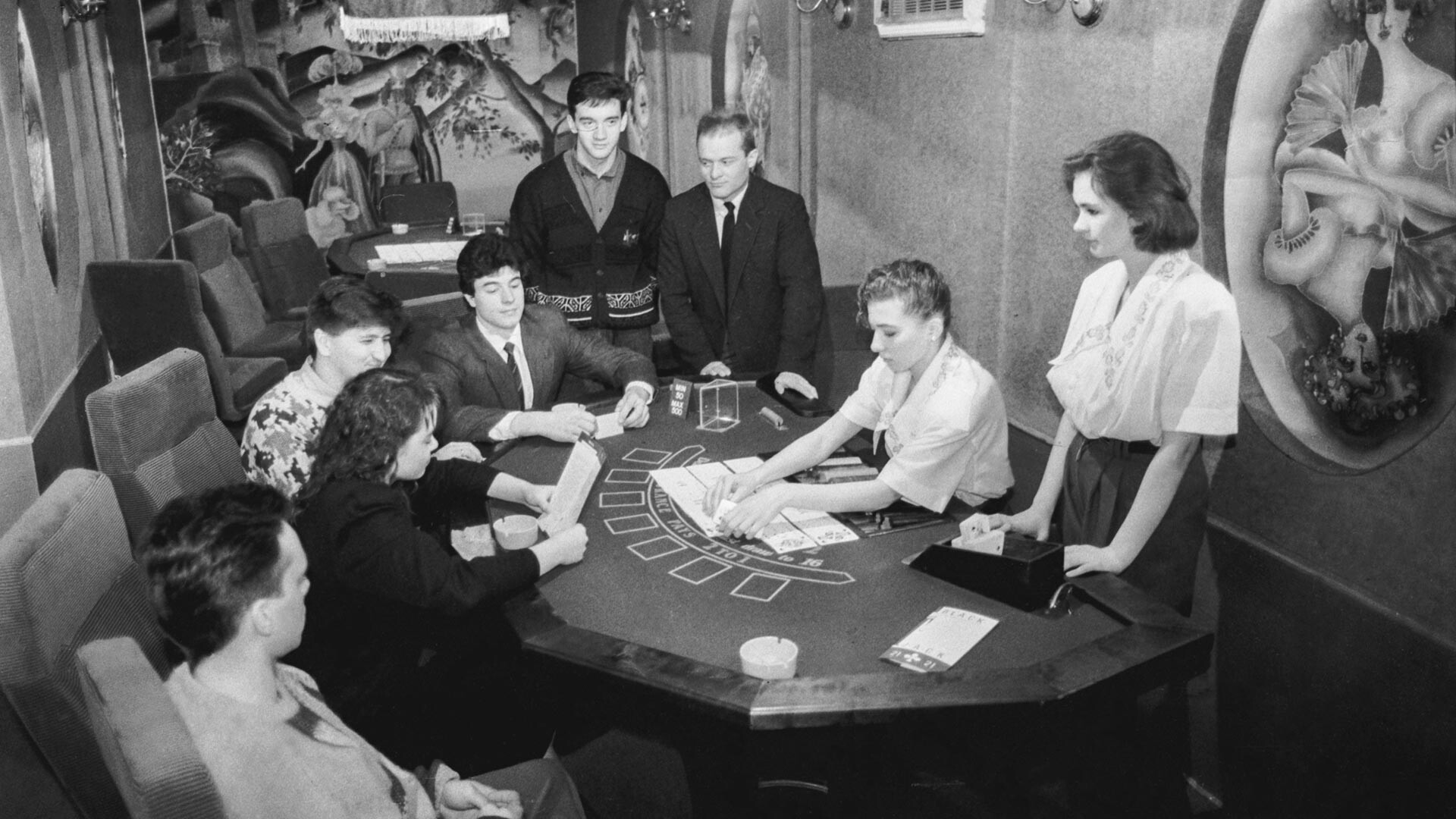
In reality, there are conflicting accounts as to how fair the games in Soviet ‘katrans’ really were. Some argue that by running the establishments without engaging in fraudulent tactics the owners made a lot of money from the rake, a scaled commission fee taken by the establishment operating games. Other accounts suggest some of the games were far from fair given the presence of professional card players – known as ‘kidaly’ (the term roughly translates as swindlers) – who masterfully manipulated card decks to gain an edge over rich, but naive irregular visitors.
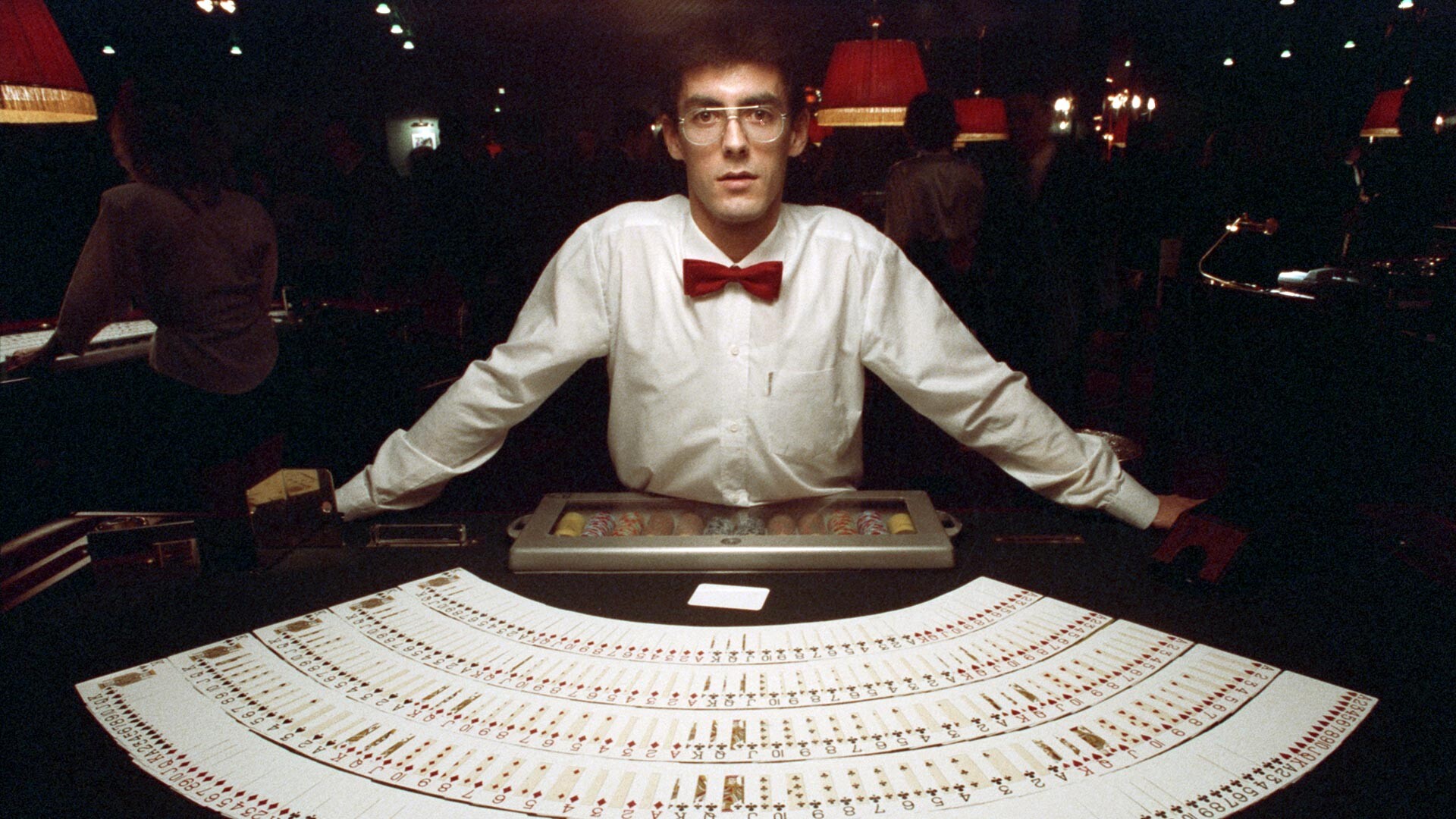
Regardless of the fairness of a particular game, some gamblers did not mind losing a certain amount of money as they came to ‘katrans’ for emotions that were usually provided in abundance. The lavish environment, a company of beautiful women and an infinite supply of alcohol attracted rich and important guests… sometimes too important for the KGB to turn a blind eye to the activities of certain ‘katrans’.
One story has it that, in 1973, a deputy attorney general of the USSR came to one of the ‘katrans’ as a private person. Recognizing the influential man, the owners of the illegal casino let him win big and, thus, cemented a useful connection with the man of power.
Interested in a stable supply of new rich and powerful players, the ‘katrans’ paid waiters working in expensive restaurants, hotel staff and taxi drivers to recruit new gamblers for them.
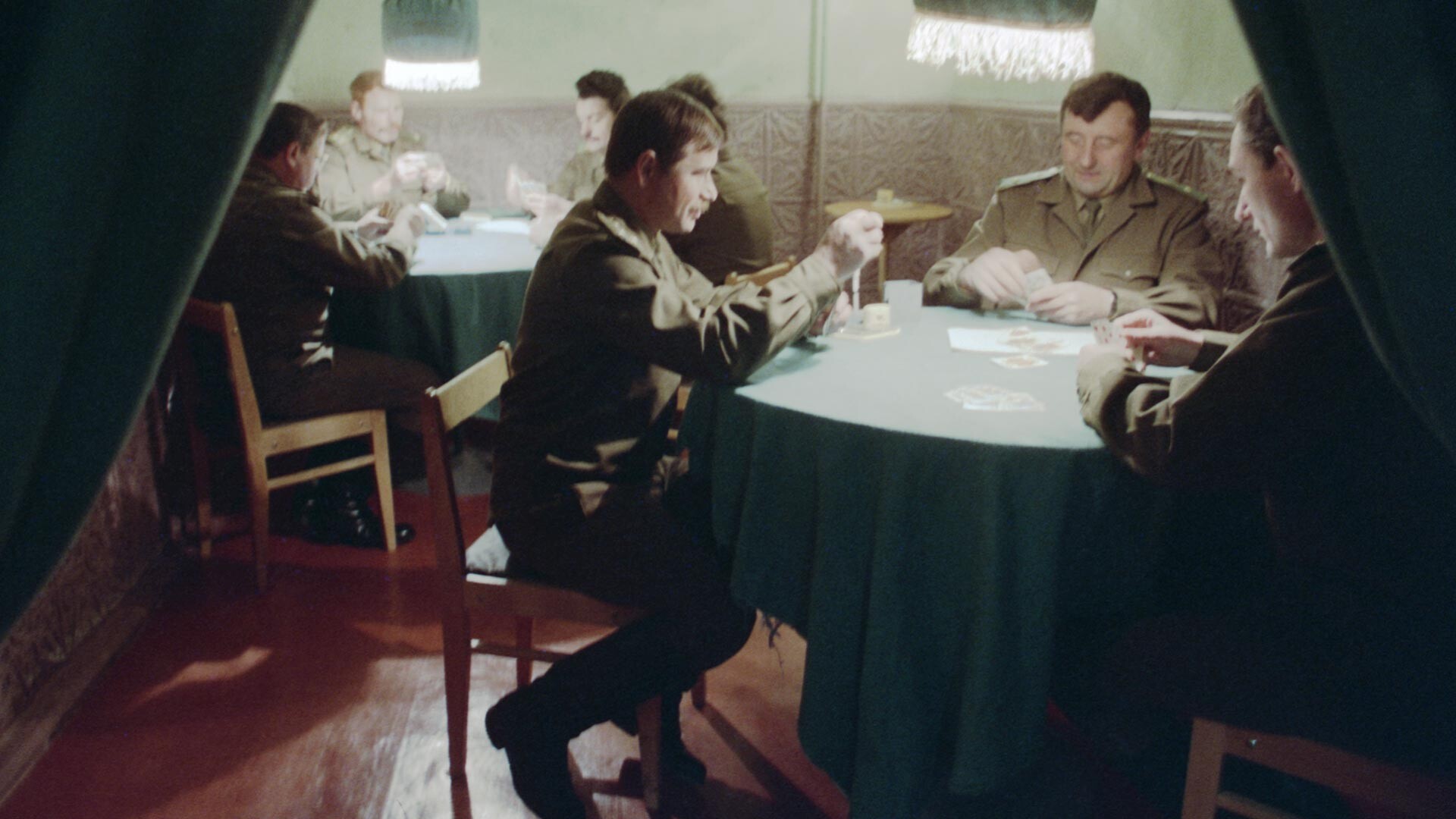
Operating in an environment of barely concealed secrecy, many ‘katrans’ ran into police and KGB undercover operatives. In general, the KGB was not as interested in eliminating ‘katrans’ as a phenomenon, as they were in collecting invaluable information about the clientele. And this information could be extracted from insiders and owners of the illegal casinos.
One story had it that a ‘katran’ owner in Moscow nicknamed Gosha India, a man well connected in the Soviet criminal underworld, was on KGB’s hook. He was forced to snitch on the guests of his own establishment, including the above-mentioned deputy attorney general, who frequented his illegal casino after winning big.
Eventually, Gosha India was found hanged in the Sanduny bath house in Moscow; while the deputy attorney general was reprimanded by his superior and sent to Novosibirsk Region to serve the rest of his term there.
As the Soviet Union collapsed along with the ban on gambling, illegal ‘katrans’ gave way to fancy casinos that opened in Moscow and other Russian cities in the 1990s. However, the Soviet phenomenon of ‘katrans’ reappeared yet again when gambling was banned throughout Russia with the exception of only certain especially dedicated areas of the country.
Dear readers,
Our website and social media accounts are under threat of being restricted or banned, due to the current circumstances. So, to keep up with our latest content, simply do the following:
If using any of Russia Beyond's content, partly or in full, always provide an active hyperlink to the original material.
Subscribe
to our newsletter!
Get the week's best stories straight to your inbox